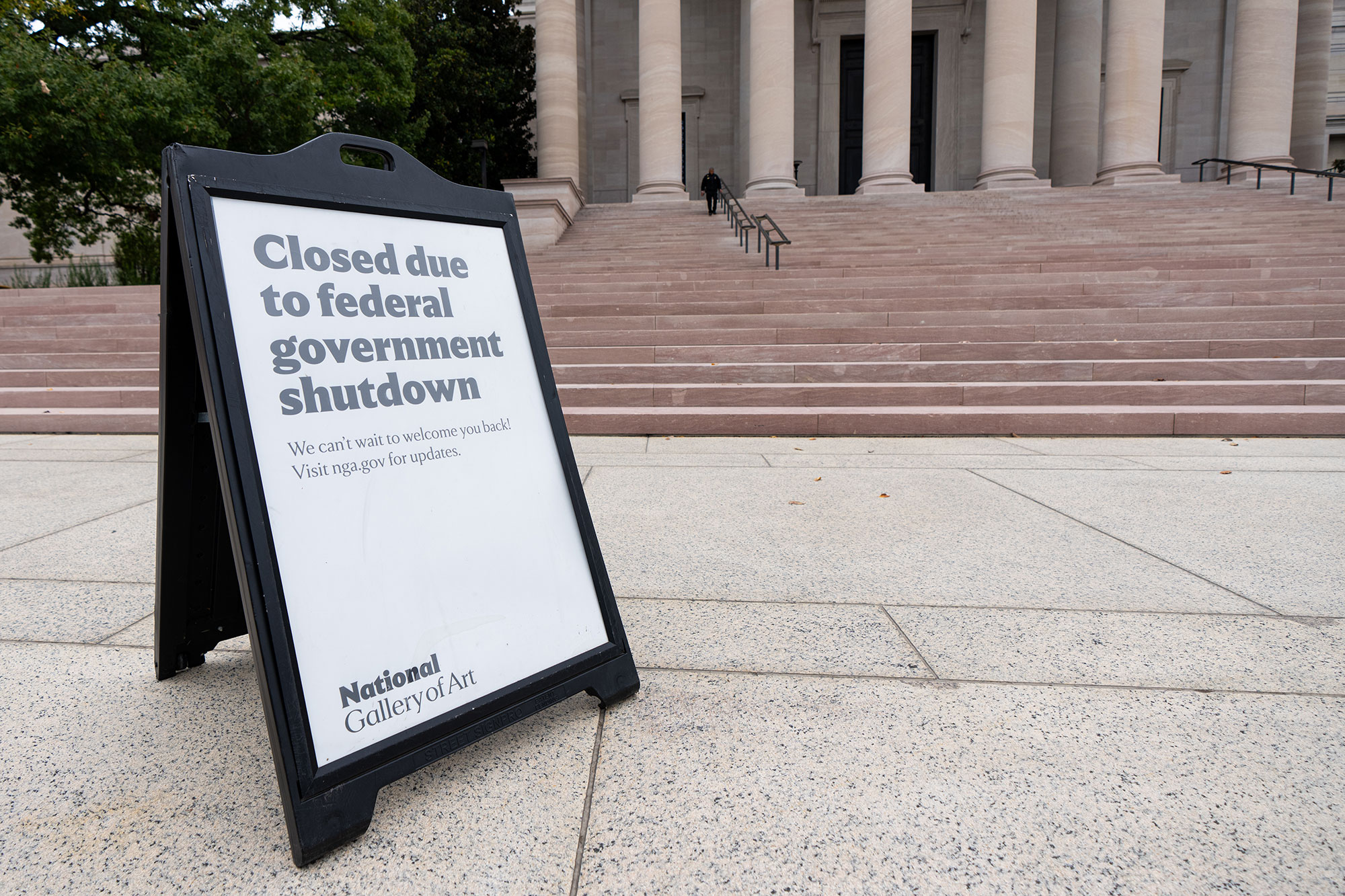Definitions, legal boundaries, and the range of local immigration enforcement policies
What “Sanctuary City” Means
“Sanctuary city” is not a legal term. There is no single official definition. The phrase is commonly used to describe cities, counties, or states that restrict the extent to which local officials cooperate with federal immigration enforcement.
These policies often include limits on honoring ICE detainer requests — administrative requests asking local jails to hold someone beyond their release date so ICE can detain them — as well as restrictions on police asking about immigration status and rules governing information sharing between local agencies and federal authorities.
Importantly, sanctuary policies do not grant legal immigration status, and they do not prevent the federal government from enforcing immigration law on its own.
How Sanctuary Policies Work in Practice
Sanctuary policies mainly define the boundaries between local law enforcement and federal immigration authorities. Common features include:
- Local jails may decline to hold someone past their release date based solely on an ICE administrative detainer, but may comply when there is a judicial warrant — a warrant issued by a judge, typically in connection with a criminal case — or court order.
- Police officers are often discouraged or prohibited from asking about immigration status during routine encounters.
- Cities may restrict the use of local funds or personnel to enforce civil immigration violations (such as visa overstays or unlawful presence).
- Policies usually distinguish between civil immigration violations and criminal offenses, with more cooperation allowed in serious criminal cases.
In practice, sanctuary policies vary widely, and jurisdictions fall along a spectrum of cooperation with federal immigration enforcement.
 Historical Origins
Historical Origins
Sanctuary policies trace back to the late 1970s and early 1980s. The modern concept grew out of a church-led movement in which religious congregations sheltered Central American refugees fleeing civil wars in El Salvador and Guatemala.
Beginning around 1982, churches in places like California and Arizona publicly declared themselves sanctuaries, arguing that U.S. asylum policies were failing people facing violence. Over time, this faith-based movement influenced local governments, and by the mid-to-late 1980s cities such as Berkeley and San Francisco, California, and Santa Fe, New Mexico adopted early sanctuary declarations or ordinances limiting local cooperation with federal immigration enforcement.
How Many Unauthorized Immigrants Are in Sanctuary Cities?
According to a 2025 Pew Research Center analysis, the unauthorized or “undocumented” immigrant population in the United States reached a record high of about 14 million in 2023, representing roughly 4.1% of the total U.S. population and 27% of the foreign-born population. These figures are estimates derived from demographic modeling that uses census survey data and administrative records to distinguish lawful from unauthorized immigrants.
There is no official count of undocumented immigrants at the city or state level, and local governments do not track immigration status. Researchers estimate that most unauthorized immigrants live in states and metropolitan areas with larger immigrant populations, including California, Texas, Florida, New York, New Jersey, and Illinois. The same Pew analysis showed California alone was home to an estimated 2.3 million unauthorized immigrants in 2023.
Some analyses suggest that a substantial share — on the order of half or more — of the unauthorized population live in sanctuary cities or states. But these are just estimates, no official city-level totals exist.
How Many Sanctuary Cities Are There?
There is no single official count, but federal and advocacy lists offer snapshots.
A U.S. Department of Justice list from October 2025 identifies 12 states — California, Colorado, Connecticut, Delaware, Illinois, Minnesota, Nevada, New York, Oregon, Rhode Island, Vermont, and Washington — plus the District of Columbia as having sanctuary-type policies.
The DOJ also lists 18 cities, including New York City, Los Angeles, Chicago, Philadelphia, Boston, Seattle, Denver, and San Francisco.
Four counties are listed: Baltimore County (MD), Cook County (IL), San Diego County (CA), and San Francisco County (CA).
Other organizations use broader definitions and count hundreds more jurisdictions, showing how widely practices vary. While the size of the immigrant population provides context, sanctuary policies are ultimately defined by local government choices.
Growth Over Time
Sanctuary jurisdictions have expanded significantly over the past three decades.
In the early 1990s, only a handful of cities had sanctuary-style policies. By 2009, estimates put the number at about 40. By 2018, more than 560 jurisdictions were identified, and by 2025, some tallies reached over 1,000.
Definitions differ and there is no official registry, but the overall trend is clear: more local governments have adopted policies limiting cooperation with federal immigration enforcement.

Related
Austin Milks
Austin Milks is Deputy Research Director at No Labels. He has a degree in Political Science from the University of Wisconsin-Whitewater and a JD from Valparaiso University. He has worked for numerous campaigns over the last fifteen years.





You must be logged in to post a comment.